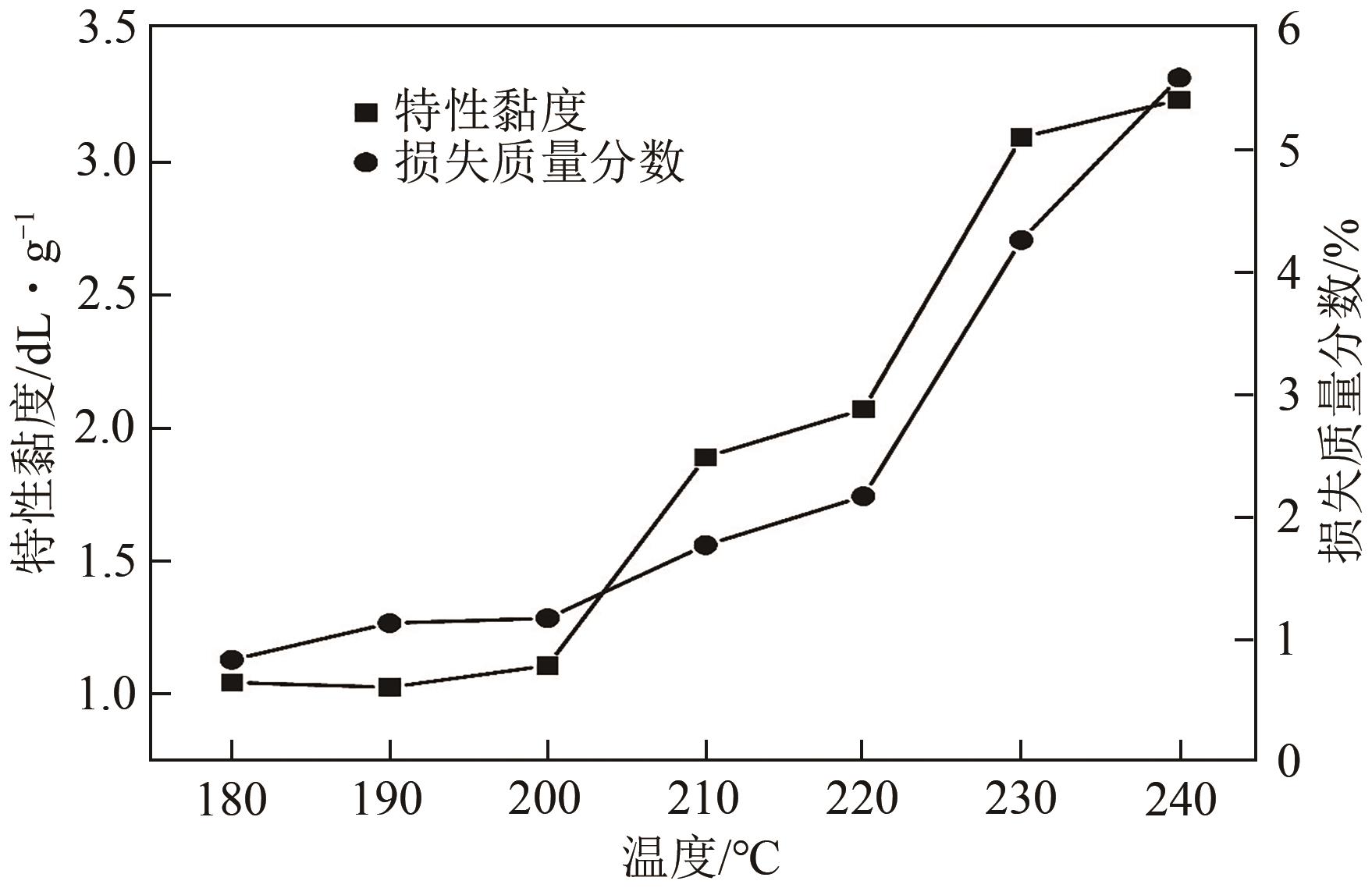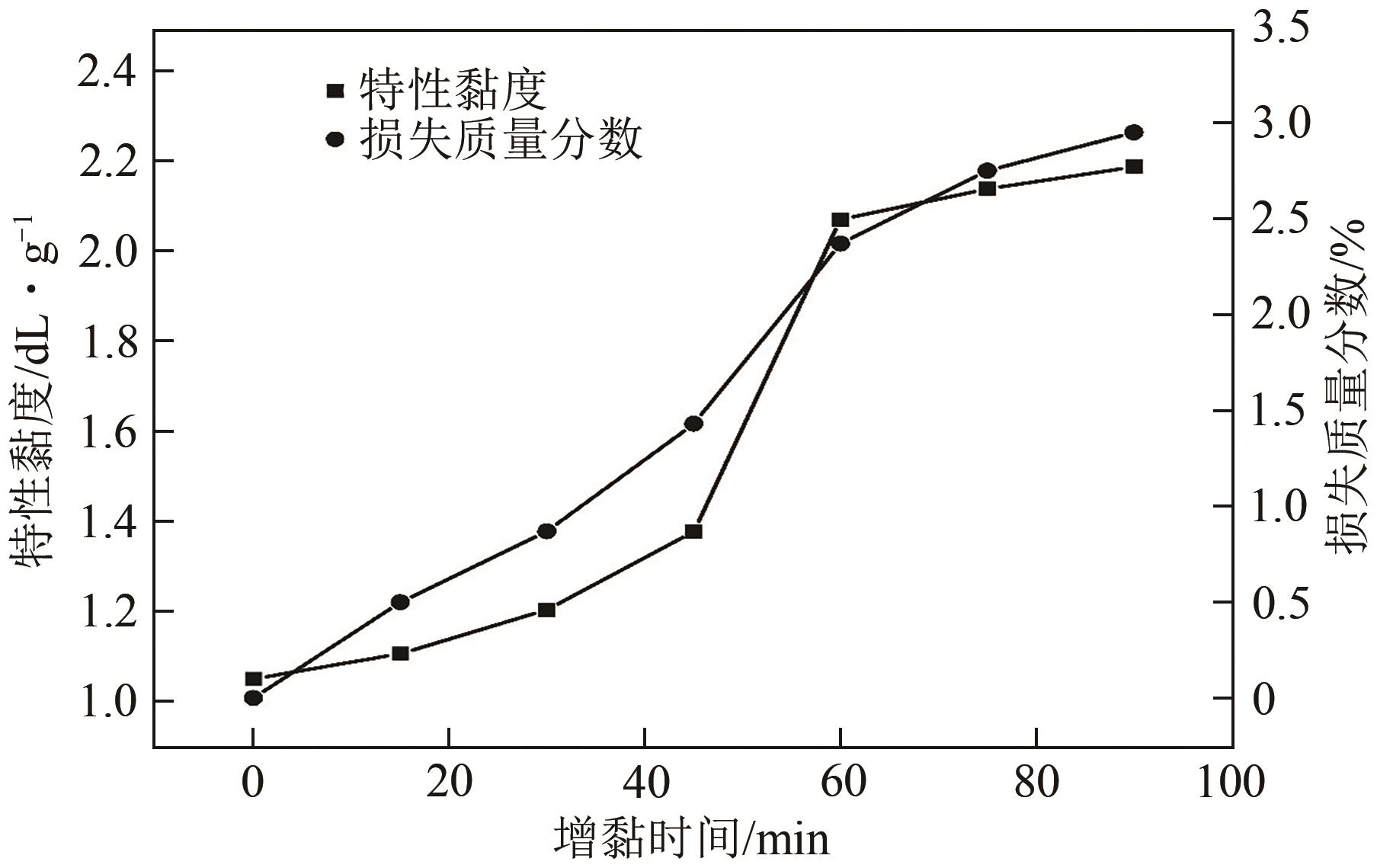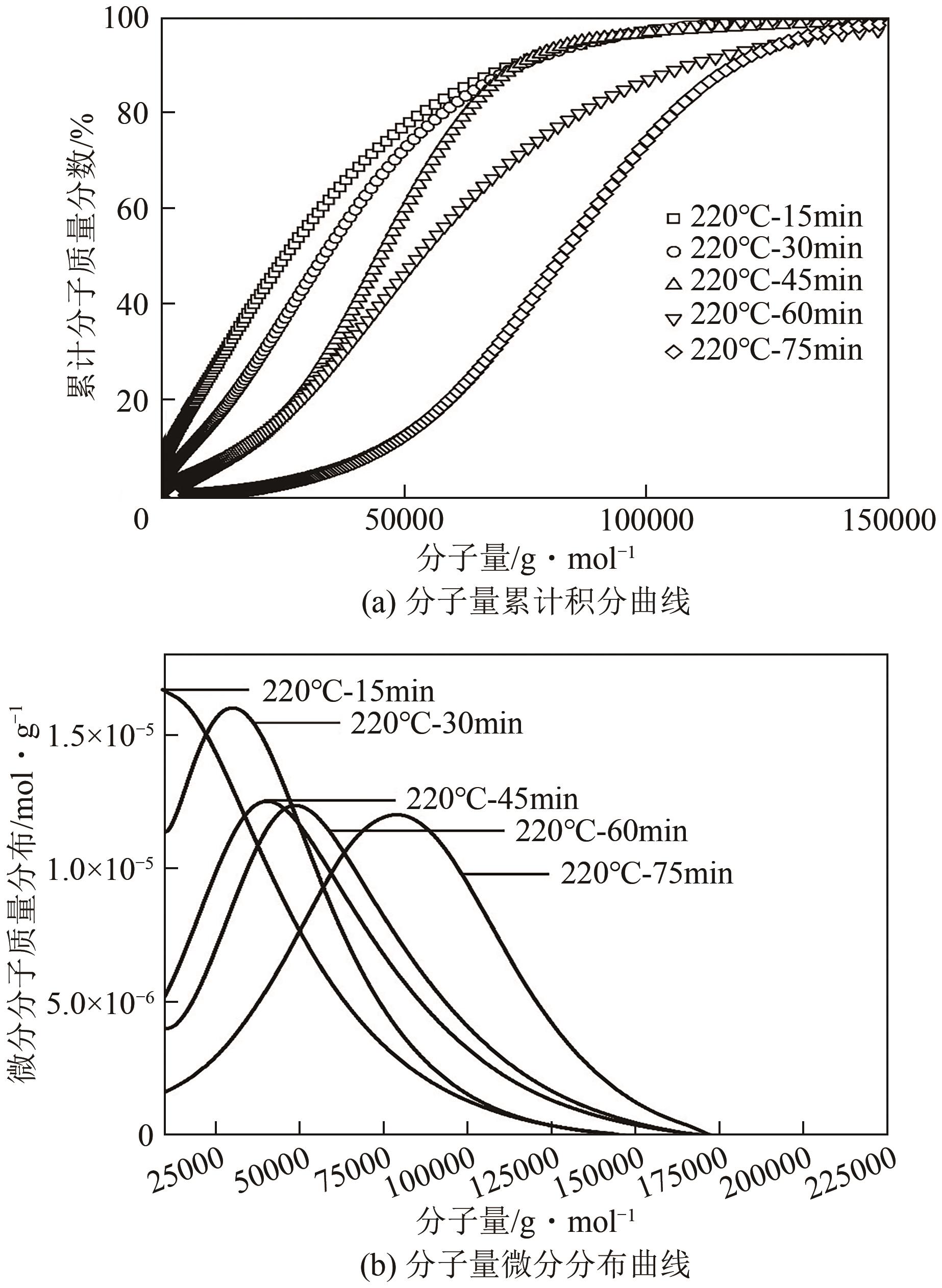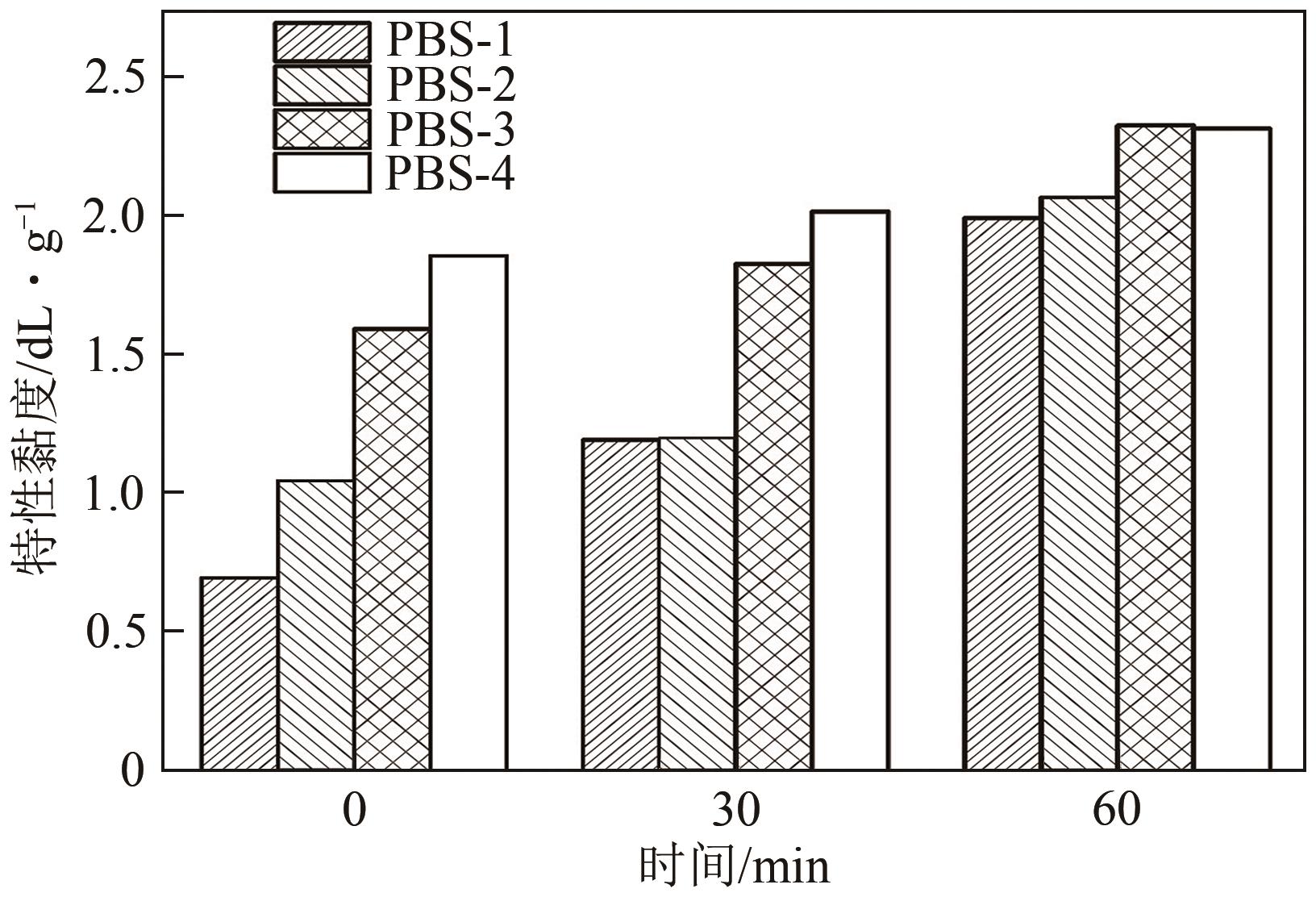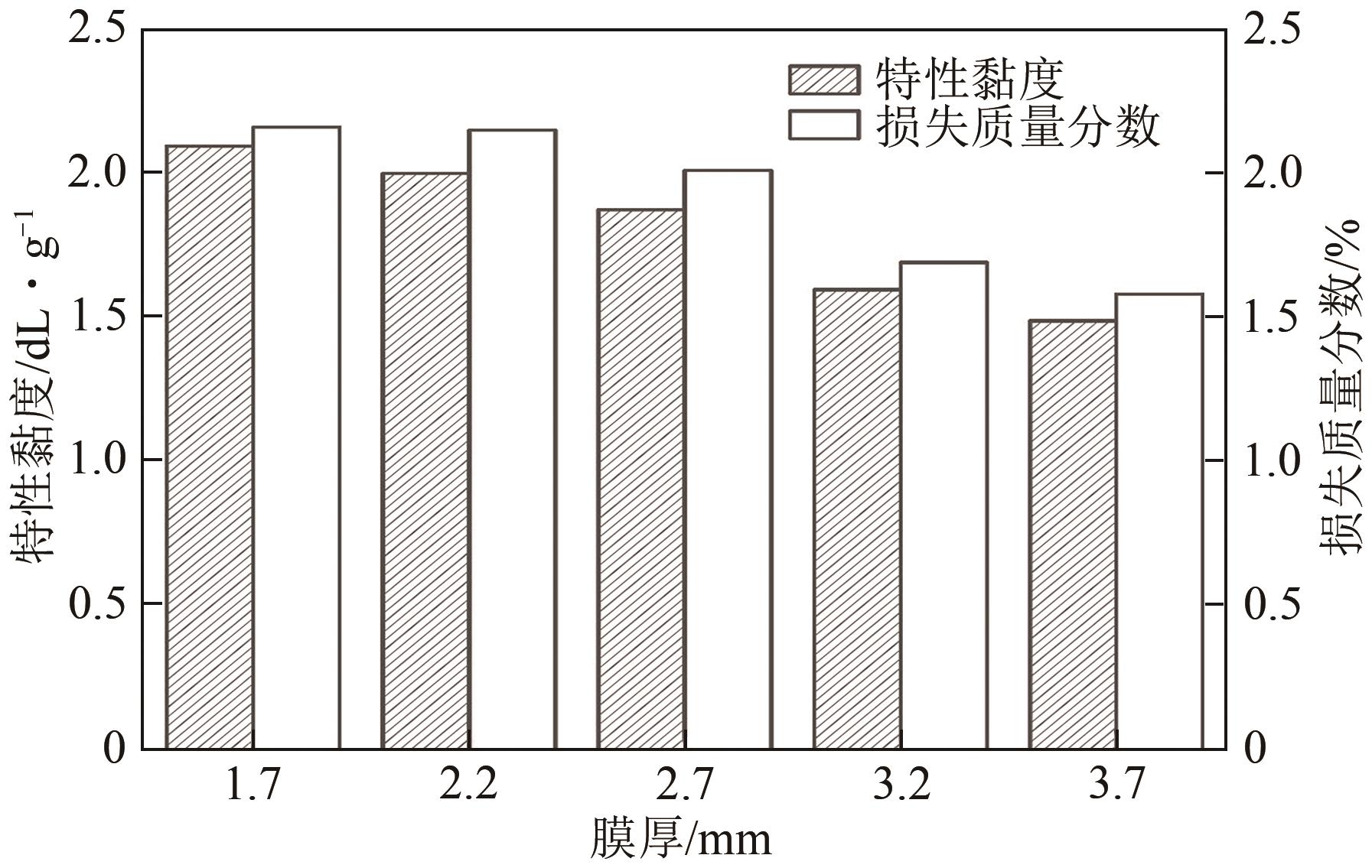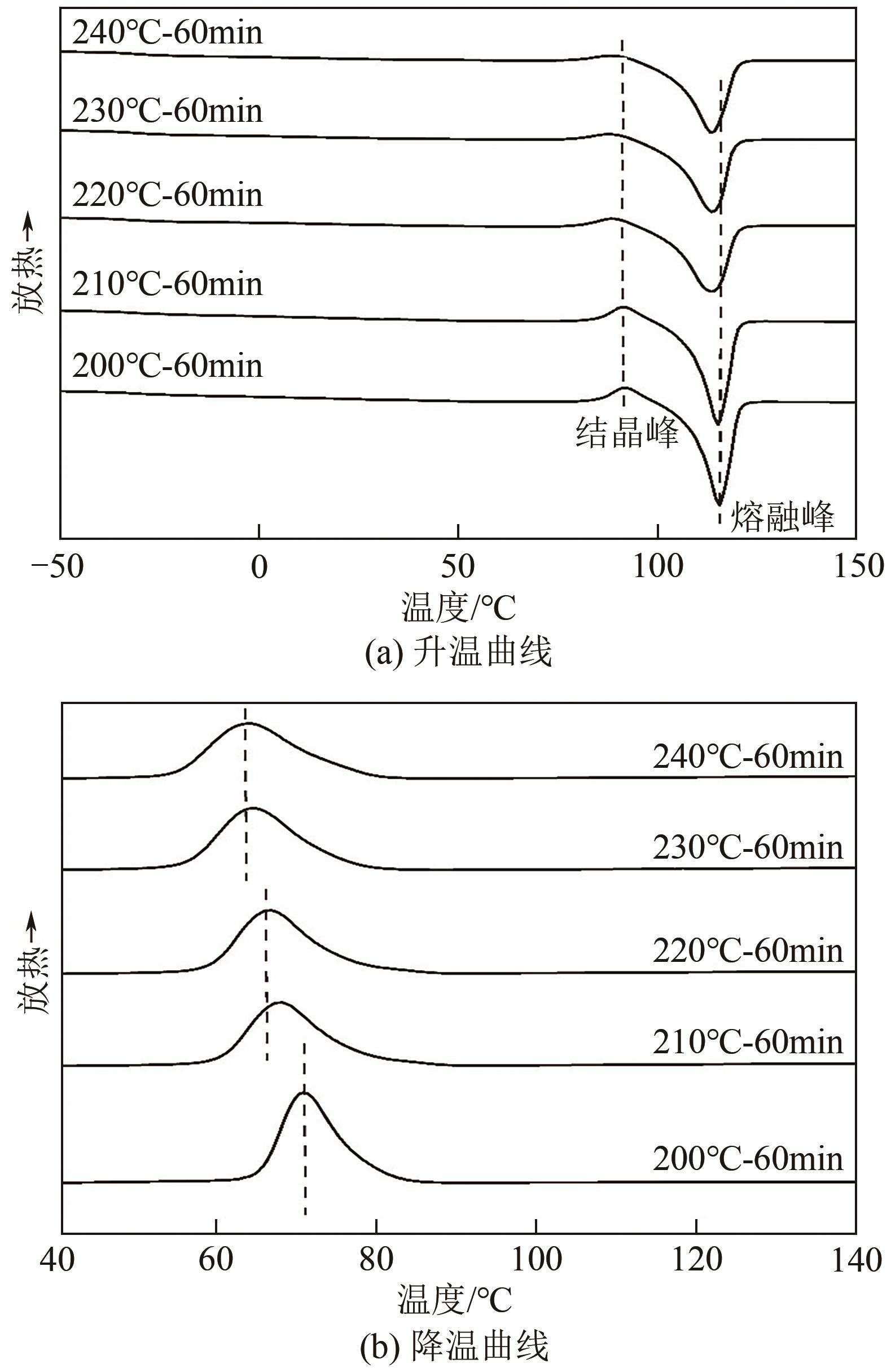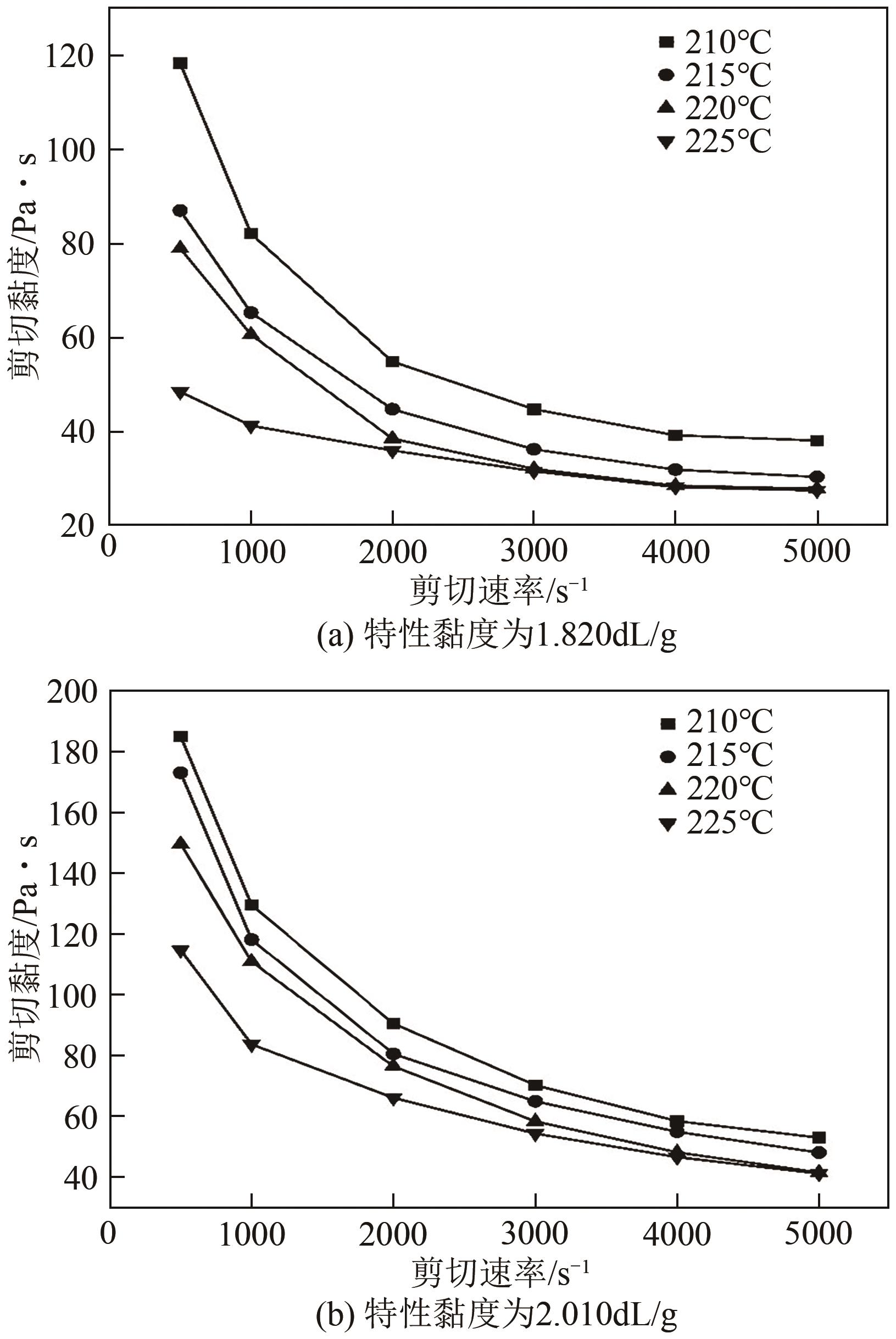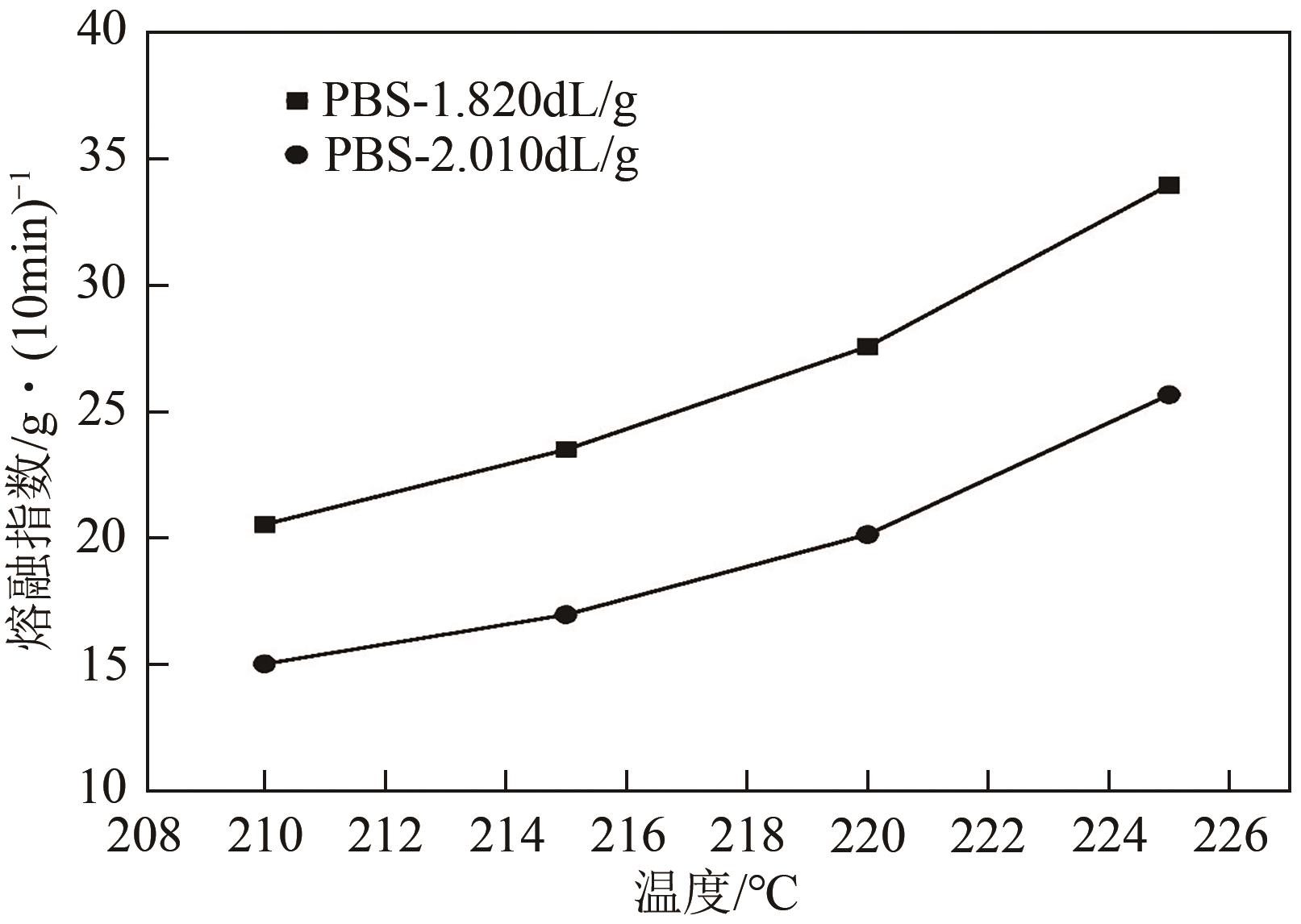| 1 |
刁晓倩, 翁云宣, 宋鑫宇, 等. 国内外生物降解塑料产业发展现状[J]. 中国塑料, 2020, 34(5): 123-135.
|
|
DIAO Xiaoqian, WENG Yunxuan, SONG Xinyu, et al. Current development situation of biodegradable plastic industry in China and abroad[J]. China Plastics, 2020, 34(5): 123-135.
|
| 2 |
NARANCIC Tanja, VERSTICHEL Steven, REDDY CHAGANTI Srinivasa, et al. Biodegradable plastic blends create new possibilities for end-of-life management of plastics but they are not a panacea for plastic pollution[J]. Environmental Science & Technology, 2018, 52(18): 10441-10452.
|
| 3 |
ALIOTTA Laura, SEGGIANI Maurizia, LAZZERI Andrea, et al. A brief review of poly(butylene succinate) (PBS) and its main copolymers: Synthesis, blends, composites, biodegradability, and applications[J]. Polymers, 2022, 14(4): 844.
|
| 4 |
PLATNIEKS Oskars, GAIDUKOVS Sergejs, KUMAR THAKUR Vijay, et al. Bio-based poly(butylene succinate): Recent progress, challenges and future opportunities[J]. European Polymer Journal, 2021, 161: 110855.
|
| 5 |
邹文奇, 陈通, 叶海木, 等. 可生物降解聚酯的制备及性能研究进展[J]. 化工学报, 2021, 72(12): 6216-6231.
|
|
ZOU Wenqi, CHEN Tong, YE Haimu, et al. Research progress on the preparation and properties of biodegradable polyester[J]. CIESC Journal, 2021, 72(12): 6216-6231.
|
| 6 |
BARLETTA Massimiliano, AVERSA Clizia, AYYOOB Muhammad, et al. Poly(butylene succinate) (PBS): Materials, processing, and industrial applications[J]. Progress in Polymer Science, 2022, 132: 101579.
|
| 7 |
吕学东, 罗发亮, 林海涛, 等. 聚丁二酸丁二醇酯的合成工艺及气体阻隔性最新进展[J]. 化工进展, 2023, 42(5): 2546-2554.
|
|
Xuedong LYU, LUO Faliang, LIN Haitao, et al. Recent progress of synthesis technology and gas barrier research of poly(butylene succinate)[J]. Chemical Industry and Engineering Progress, 2023, 42(5): 2546-2554.
|
| 8 |
QU Dezhi, WANG Lipeng, SUN Shuai, et al. Properties of poly(butylene-co-isosorbide succinate) after blown film extrusion[J]. Green Materials, 2020, 8(2): 68-78.
|
| 9 |
GENOVESE Laura, LOTTI Nadia, GAZZANO Massimo, et al. Novel biodegradable aliphatic copolyesters based on poly(butylene succinate) containing thioether-linkages for sustainable food packaging applications[J]. Polymer Degradation and Stability, 2016, 132: 191-201.
|
| 10 |
PEÑAS Mario Iván, PÉREZ-CAMARGO Ricardo Arpad, Rebeca HERNÁNDEZ, et al. A review on current strategies for the modulation of thermomechanical, barrier, and biodegradation properties of poly(butylene succinate) (PBS) and its random copolymers[J]. Polymers, 2022, 14(5): 1025.
|
| 11 |
SATTI S M, SHAH A A. Polyester-based biodegradable plastics: An approach towards sustainable development[J]. Letters in Applied Microbiology, 2020, 70(6): 413-430.
|
| 12 |
KONG Xiaohua, QI Hong, CURTIS Jonathan M. Synthesis and characterization of high-molecular weight aliphatic polyesters from monomers derived from renewable resources[J]. Journal of Applied Polymer Science, 2014, 131(15): 40579.
|
| 13 |
GUALANDI Chiara, SOCCIO Michelina, GOVONI Marco, et al. Poly(butylene/diethylene glycol succinate) multiblock copolyester as a candidate biomaterial for soft tissue engineering: Solid-state properties, degradability, and biocompatibility[J]. Journal of Bioactive and Compatible Polymers, 2012, 27(3): 244-264.
|
| 14 |
ARMENTANO Ilaria, GIGLI Matteo, MORENA Francesco, et al. Recent advances in nanocomposites based on aliphatic polyesters: Design, synthesis, and applications in regenerative medicine[J]. Applied Sciences, 2018, 8(9): 1452.
|
| 15 |
肖峰, 王庭慰, 丁培, 等. 影响聚丁二酸丁二醇酯降解性能的因素[J]. 高分子材料科学与工程, 2011, 27(7): 54-57.
|
|
XIAO Feng, WANG Tingwei, DING Pei, et al. Factors for improving degradability of poly(butylene succinate)[J]. Polymer Materials Science & Engineering, 2011, 27(7): 54-57.
|
| 16 |
陈咏, 乌婧, 王朝生, 等. 生物可降解聚己二酸-对苯二甲酸丁二醇酯纤维的制备及其环境降解性能[J]. 纺织学报, 2022, 43(2): 37-43.
|
|
CHEN Yong, WU Jing, WANG Chaosheng, et al. Preparation and environmental degradation behavior of biodegradable poly(butylene adipate-co-terephthalate) fiber[J]. Journal of Textile Research, 2022, 43(2): 37-43.
|
| 17 |
杜树清, 张鑫, 崔峥嵘, 等. 聚丁二酸丁二醇酯(PBS)的合成工艺及其产业现状浅析[J]. 聚酯工业, 2023, 36(2): 1-4.
|
|
DU Shuqing, ZHANG Xin, CUI Zhengrong, et al. Synthesis process and industry status of polybutylene succinate (PBS)[J]. Polyester Industry, 2023, 36(2): 1-4.
|
| 18 |
张宏博, 刘焦萍, 赵苏杭, 等. 生物可降解塑料发展现状及展望[J]. 现代化工, 2023, 43(4): 9-12, 17.
|
|
ZHANG Hongbo, LIU Jiaoping, ZHAO Suhang, et al. Development status and prospect of biodegradable plastics[J]. Modern Chemical Industry, 2023, 43(4): 9-12, 17.
|
| 19 |
林启松, 高峰, 吕汪洋, 等. 钛系聚对苯二甲酸乙二醇酯的增黏行为及其性能[J]. 纺织学报, 2022, 43(7): 9-16.
|
|
LIN Qisong, GAO Feng, Wangyang LYU, et al. Thickening behaviour and performance of titanium-based polyethylene terephthalate[J]. Journal of Textile Research, 2022, 43(7): 9-16.
|
| 20 |
项望凯, 刘园园, 郑映, 等. 基于熔融/固相缩聚制备中高分子量聚乙醇酸[J]. 化工学报, 2023, 74(2): 933-940.
|
|
XIANG Wangkai, LIU Yuanyuan, ZHENG Ying, et al. Preparation of medium-and high-molecular-weight poly(glycolic acid) by melt/solid-state polycondensation[J]. CIESC Journal, 2023, 74(2): 933-940.
|
| 21 |
张伟, 刘绍英, 张淑青, 等. 固相缩聚对聚(2,5-呋喃二甲酸乙二酯)性能的影响[J]. 塑料工业, 2022, 50(9): 38-43.
|
|
ZHANG Wei, LIU Shaoying, ZHANG Shuqing, et al. Effect of solid-state polycondensation on the properties of poly(ethylene 2,5-furandicarboxylate)[J]. China Plastics Industry, 2022, 50(9): 38-43.
|
| 22 |
刘梅, 刘雄, 陈世昌, 等. 联合超高效聚合物色谱和激光光散射法的聚酯分子质量及其分布测定[J]. 纺织学报, 2016, 37(5): 11-16.
|
|
LIU Mei, LIU Xiong, CHEN Shichang, et al. Determination of polyester molecular weight and its distribution by advanced polymer chromatography and laser light scattering detection[J]. Journal of Textile Research, 2016, 37(5): 11-16.
|
 ), WANG Yongjun1,2, LIN Qisong2, DAI Junming2, ZHA Quanliang3, LYU Wangyang1,2(
), WANG Yongjun1,2, LIN Qisong2, DAI Junming2, ZHA Quanliang3, LYU Wangyang1,2( ), CHEN Wenxing1,2
), CHEN Wenxing1,2
 ), 王勇军1,2, 林启松2, 戴钧明2, 查全亮3, 吕汪洋1,2(
), 王勇军1,2, 林启松2, 戴钧明2, 查全亮3, 吕汪洋1,2( ), 陈文兴1,2
), 陈文兴1,2
